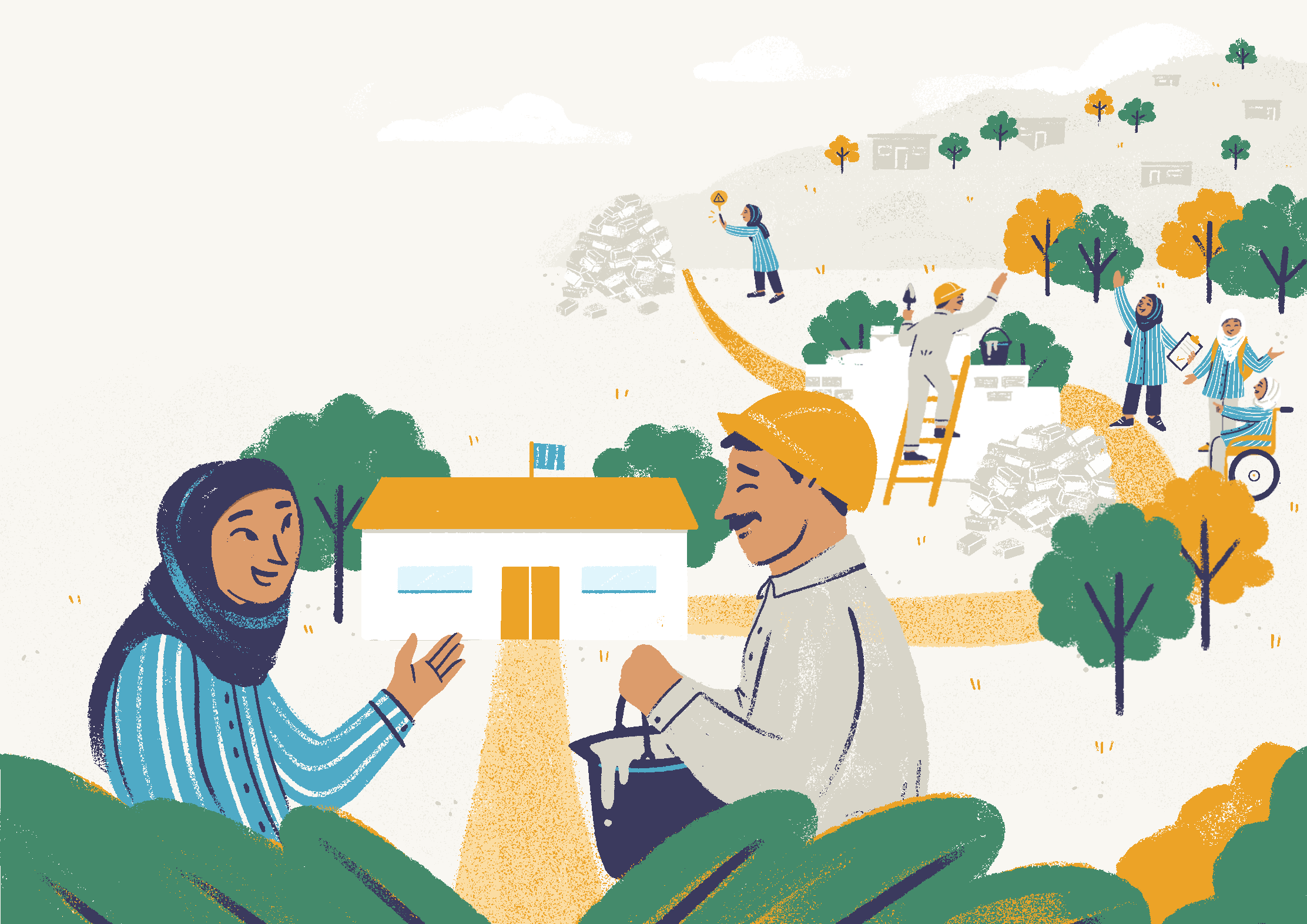Injecting integrity into the Voluntary Carbon Market - How to harness the power of citizens' voice to make carbon markets work for them
I’m writing this on Earth Day – a day that I vividly remember celebrating as a kid with chocolate cupcakes topped with gummy worms and crumbled oreos to look like dirt. Back then, I was fully invested in saving the planet. I'd grown up on the TV show Captain Planet and was one of the youngest members of my school’s “Kid's Care” environmental club that won a prize presented by the US President himself for our efforts. If I could converse with my 6-year-old self she would be shocked to hear that progress towards a better world has been disappointingly slow. Instead of decreasing our carbon dioxide emissions, we’ve close to doubled it in the decades since then.
But I know she would be super excited about the latest initiative from Integrity Action. Despite my start in Kid's Care and childhood mantra of “Reduce, Reuse, Recycle” I didn’t end up with an environmental career, but over the past few years I’ve been lucky to reignite my childhood passion as Integrity Action has explored how the expertise and knowledge we’ve gained over the past 20 years implementing our successful citizen-centred accountability model could be applied beyond our traditional monitoring of development projects and public services. One area we believe we could add value to is the environment and Green Accountability. We’re eager to break the silos and meaningfully collaborate with others, share fresh perspectives, and test how and if our community-centric approach can be useful in new and innovative ways.
Within Green Accountability, we’ve been looking at Carbon Projects. Regardless of personal opinions on the voluntary carbon market, its potential for impact (both positive and negative) is real. If you’ve read our latest “Power With” approach and blog post you’ll know where Integrity Action stands - we put communities at the heart of everything we do - Indigenous and local communities are the true stewards of nature’s incredible assets that carbon project developers are putting a price on. So, are they reaping the rewards of the carbon offsets sold? If not, why? and what can we do to change it so that it is more equitable? These, and many more, are some of the questions we’ve been exploring. Guided by insights like the Core Carbon Principles we’ve been looking at how citizen-led accountability models can improve integrity in carbon projects.
Carbon markets are complex - it is a saturated space with many actors and many wanting "a piece of the pie." We know there are some great carbon projects out there. Ones truly making a difference to carbon reductions/removals plus meaningfully engaging with communities AND properly sharing benefits. These types of projects have tremendous potential to channel much needed finance to developing economies and directly to local communities while also playing a crucial role in addressing the climate crisis. We also know there are many carbon projects that aren’t great– additionality, overclaiming, greenwashing, and poor governance have all eroded trust in the voluntary carbon market as a vehicle for good. It is tricky to know the difference between a “good” project and one that isn’t. We need more transparency. More accountability. Yes, there are third-party audits, and MRV as a required part of projects, as well as ratings agencies and more... but what if it was simpler? What if integrity could be improved with a solution that was more local, more granular? Can we support carbon projects to become better by raising the voice from communities themselves?
Imagine if the voluntary carbon market put communities at its core and not only benefited the environment by meeting the commitments to reduce/remove emissions but also channelled more and much needed funding to local communities to support a just transition.
Imagine if the on the ground reality of carbon projects was readily visible to all. If there was regular open and transparent data about whether or not trees that were planted are still growing, and whether or not the benefits promised to communities were actually provided.
Imagine if community members surrounding carbon projects were engaged in a supported, collaborative process with project developers and stakeholders beyond the minimum Free, Prior, and Informed Consent (FPIC) process.
With our newest project “Carbon Integrity Monitors” we want to bring local voice and action into the carbon integrity equation. Carbon Integrity Monitors is founded on the citizen monitoring and problem-solving model we’ve refined over the past two decades and on this Earth Day, I’m hopeful that by working together we can forge a more sustainable and equitable future, where every voice is heard, and every action counts.
Imagine the possibilities if we can support a future for carbon markets to work better for both the Planet and its People.
If you would like more information on the specifics of this initiative and discuss it further, I’d love to hear from you – always seeking to learn more and share perspectives. You can reach me at: Brittany.stevens@integrityaction.org or linkedin.


